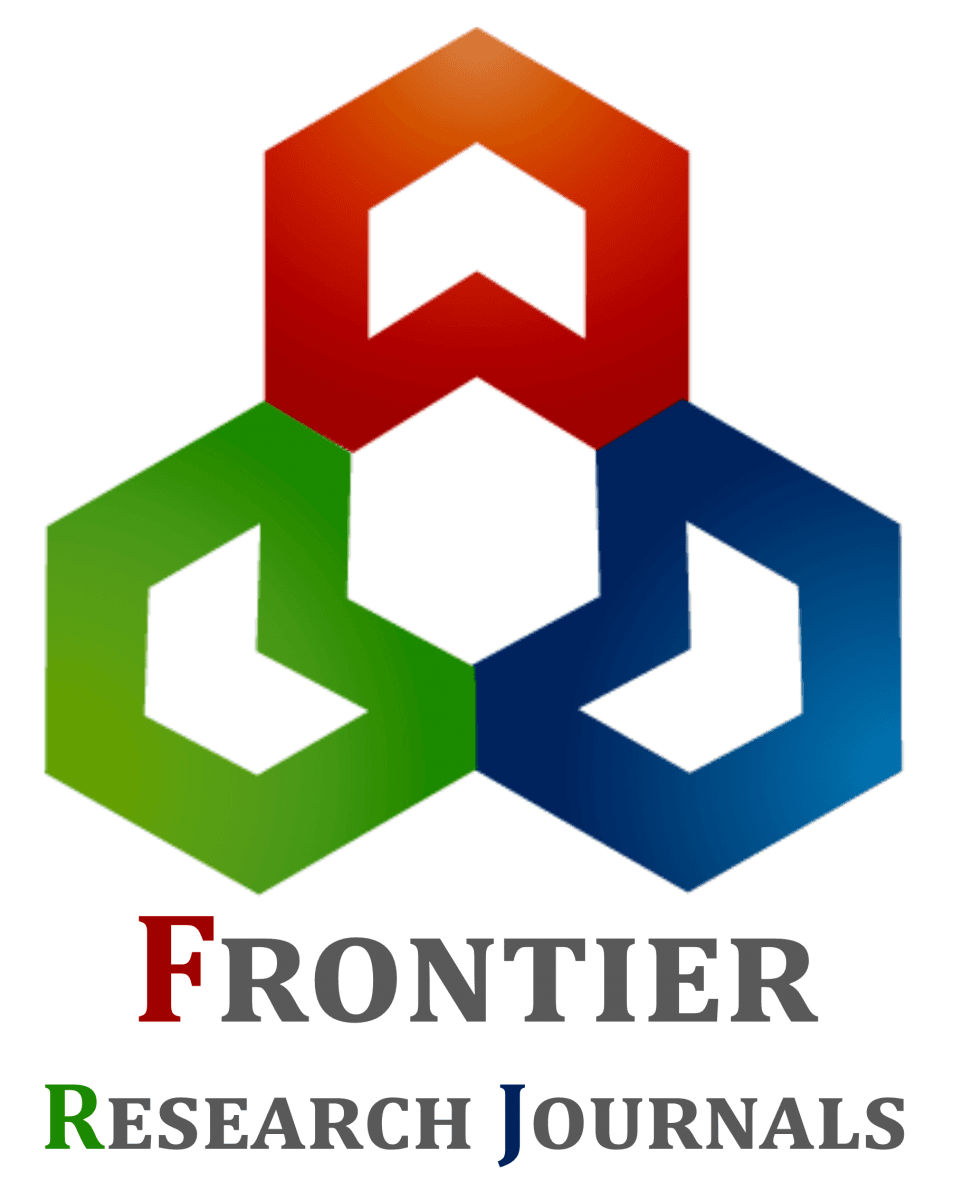Biosimilars: What pharmacists should know and a survey
College of Pharmacy, Howard University, 2300 4th Street, N.W., Washington, DC 20059.
Research Article
International Journal of Frontiers in Biology and Pharmacy Research, 2024, 06(02), 014–020.
Article DOI: 10.53294/ijfbpr.2024.6.2.0040
Publication history:
Received on 03 September 2024; revised on 09 October 2024; accepted on 12 October 2024
Abstract:
Biosimilars are biologic products that are highly similar to existing reference biologics and provide cost-effective treatment alternatives. As more biologic patents expire, biosimilars are becoming increasingly important in healthcare, requiring healthcare professionals to have a solid understanding of their development, regulatory pathways, and clinical implications. Despite their potential benefits, biosimilars face barriers such as limited awareness, concerns about safety and efficacy, and complex regulatory processes. This study aimed to evaluate the effectiveness of an educational program designed to address these challenges and enhance healthcare professionals’ knowledge and confidence in biosimilar use.
Methods: The Howard University College of Pharmacy, in collaboration with the FDA, Academy of Managed Care Pharmacy (AMCP), and Biologics & Biosimilars Collective Intelligence Consortium (BBCIC), conducted a symposium on biosimilars. The program, funded by an unrestricted educational grant from Pfizer, included two primary sessions featuring expert presentations and workshops. Feedback was collected from 114 participants using post-program surveys to assess learning outcomes, program relevance, and its impact on practice. Participants included pharmacists (44.74%), students (44.74%), and other healthcare professionals (10.52%) from various states, with a strong representation from Maryland and Washington, D.C.
Results: The program received highly positive feedback, with 86.96% rating the applicability of the program to their practice as "Excellent" and 13.04% as "Good." In terms of knowledge enhancement, 89.13% rated the program as "Excellent," and 10.87% as "Good." Overall, 84.78% rated the program as "Excellent" and 13.04% as "Good," with only 2.17% being "Neutral." No participants rated the program negatively. The program was effective in meeting specific educational objectives, with 89-93% of respondents marking “Strongly Agree” for understanding key biosimilar concepts, such as recognizing their role in practice and understanding development pathways. The objective on using biosimilars in practice received slightly lower ratings, with 73.91% “Strongly Agree” and 19.57% “Agree.”
Conclusion: The study demonstrates the effectiveness of structured educational programs in enhancing healthcare professionals’ understanding and confidence in the use of biosimilars. The overwhelmingly positive reception underscores the need for continued education, particularly as more biosimilars enter the market. Future programs should focus on addressing remaining barriers, such as provider hesitancy and practical implementation strategies, to ensure that healthcare professionals are well-prepared to integrate biosimilars into clinical practice. This will ultimately contribute to better patient outcomes, increased adoption of cost-effective therapies, and a more sustainable healthcare system
Keywords:
Biosimilars; Pharmacists; Survey; Education; Continuing Education; Students
Full text article in PDF:
Copyright information:
Copyright © 2024 Author(s) retain the copyright of this article. This article is published under the terms of the Creative Commons Attribution Liscense 4.0
